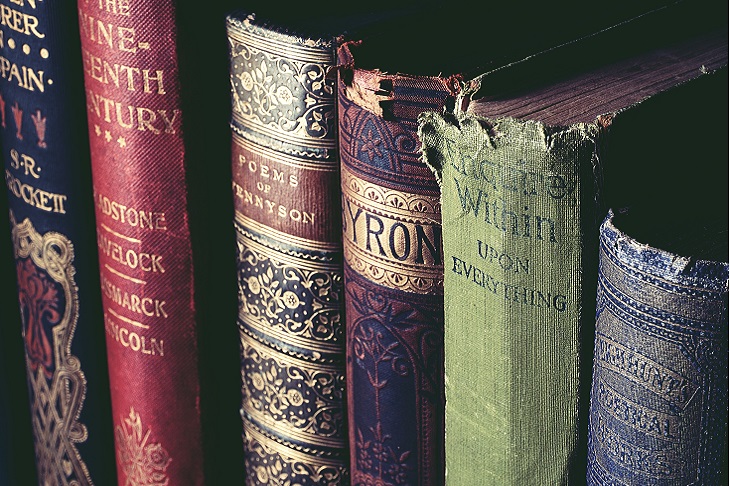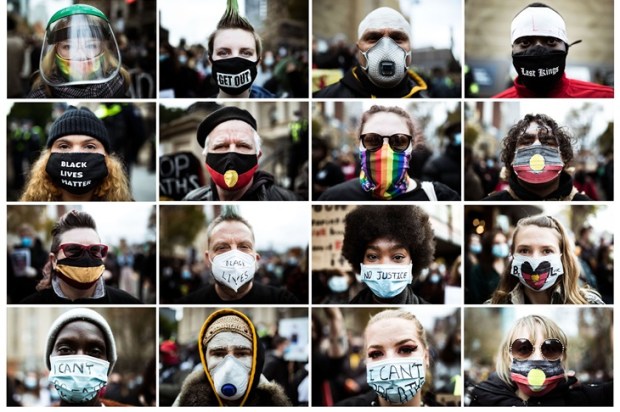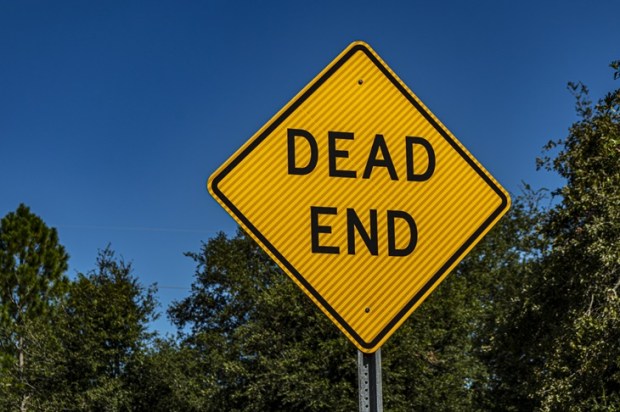The recent news from the Australian Mathematical Sciences Institute (AMSI) that fewer and fewer students are choosing to study higher mathematics at Secondary school is yet another black mark against our education system.
Unfortunately, things are hardly better in Literature.
Victoria, which leads the way in progressive education, has seen students ditching literature in their droves. Over the last three years, the subject has dropped outside of the top 20 VCE subjects, with students preferring to study arguably less useful subjects such as ‘Food and Technology’ and ‘Media’.
This isn’t surprising given that the VCE’s booklist for literature in 2022 is heavily weighted toward modern texts that reveal a thoroughly unhealthy obsession with Marxism, Identity Politics, and Critical Race Theory. One-third of all texts on offer were published within the last 20 years, neglecting the remaining 5,000 years’ worth of literary history.
Students should be reading books by world-renowned authors like Charles Dickens, Leo Tolstoy, and George Orwell. Instead, they are reading about ‘power, gender, and obsession’ in Jeanette Winterson’s racy novel The Passion. Oscar Wilde is overlooked in favour of Shelagh Delaney’s exploration of ‘sexuality, homophobia, and racism’ in her production A Taste of Honey. Then there is Suzan-Lori Parks’ play Father Comes Home from the Wars that challenges ‘binary understandings of power’. Books like Fyodor Dostoevsky’s Crime and Punishment, which plumbs the depths of the human condition, have been replaced with Emile Zola’s The Ladies’ Paradise denouncing the ‘abuses of capitalism’.
When great books manage to make the cut, they are taught through an ideological lens. For instance, students studying Jane Austen’s Northanger Abbey will look at the ‘obsessions of Georgian England’ and the ‘emergence of consumer culture’. In Tim Winton’s non-fiction work The Boy Behind the Curtain, ‘colonisation, capitalism, and politics’ are emphasised as key themes alongside ‘masculinity, gender, and family’.
Literature should not be used to send a political message to students. When learning is replaced with ideology, it undermines education. The study of literature should be about teaching students to think critically, not indoctrinating them with a progressive worldview.
Australian literature is notably absent from the 2022 VCE booklist.
While one-third of the texts were written by Australians, only half were actually set in Australia and the majority of these were poems. This reflects a dubious trend in education in which the idea of a global identity is promoted while the idea of an Australian identity is actively questioned.
Students should be reading classics like The Harp in the South by Ruth Park, A Town Like Alice by Nevil Shute, or one of Banjo Paterson’s famous poems. Ethel Turner’s Seven Little Australians, which looks at the birth of a distinctly Australian identity in the lead-up to Federation, also deserves to be on the list. Even films such as Ladies in Black are of value because they address the rich cultural impact of immigration from Europe in the wake of the second world war. These works are all listed on the Institute of Public Affairs’ Australian Cannon and are classic pieces of literature that construct a vivid picture of the Australian way of life.
The problem is far greater than the booklist itself. Activists masquerading as educators have infiltrated Australian schools. They have successfully been destroying the pre-existing model of education and imposing their own. The choice of texts in this year’s booklist for Victorian students is an undisguised exercise in social engineering which robs students of their cultural heritage.
Victorians are being sold short.
Students from Queensland and New South Wales will read many of the great books missing from Victoria’s VCE program. For instance, the QCE literature booklist offers texts like Bleak House, Wuthering Heights, and The Picture of Dorian Gray. Queensland students have a much broader range of top-quality works that does not include pointed summaries pushing a progressive agenda like in Victoria. The New South Wales HSC English program, which also involves the study of literature, looks at Nineteen Eighty-Four by George Orwell, Short Stories by Henry Lawson, and Pygmalion by Bernard Shaw. This comes after a concerted effort in New South Wales to overhaul the Year 11 and 12 English syllabuses to include more ‘classic’ texts in 2017.
The solution for Victoria is simple. Give students the opportunity to read works of substance that look at the universal human experience rather than focusing solely on the issues faced by minority groups. More students would study literature if more classics with relatable life lessons were on the booklist, as is the case in New South Wales and Queensland.
Bri McKee is a Research Fellow at the Institute of Public Affairs.
Got something to add? Join the discussion and comment below.
Get 10 issues for just $10
Subscribe to The Spectator Australia today for the next 10 magazine issues, plus full online access, for just $10.


























Comments
Don't miss out
Join the conversation with other Spectator Australia readers. Subscribe to leave a comment.
SUBSCRIBEAlready a subscriber? Log in